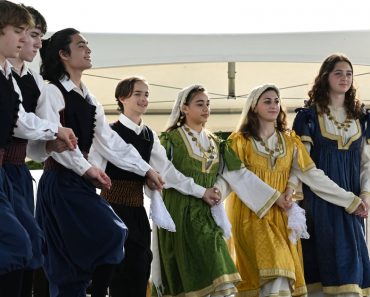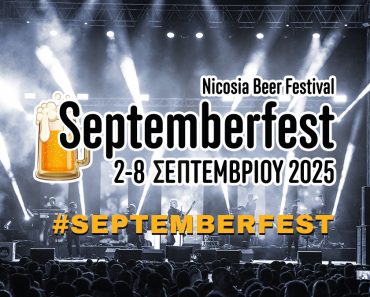
Lord Colin Renfrew, one of the most noteworthy figures in British archaeology of the 20th century, known for his groundbreaking work on Keros, Greece, passed away on November 24, 2024, at the age of 87. He was the Disney Professor of Archaeology at the University of Cambridge and was the founding director of the McDonald Institute for Archaeological Research.
His pioneering work, which spanned many decades—particularly the revealing excavations he led on the Greek islands of Keros and Dhaskalio—has fundamentally changed our understanding of the Early Cycladic civilization and Greek history overall.
Professor Renfrew, known as Lord Renfrew of Kaimsthorn, joined the revolutionary “New Archaeology” movement of the 1960s and combined science, innovative technologies, and human curiosity to challenge long-held assumptions about prehistory.
These included sites and topics ranging from Stonehenge to the Bronze Age Cyclades in Greece. In Britain, he is remembered as an inspiring teacher, a pioneering scholar, and a passionate advocate against the looting of archaeological artifacts.

Between 2006 and 2008, Renfrew led a team of experienced archaeologists who made extraordinary discoveries on Keros, Greece, and its neighboring islet, Dhaskalio. The excavation showed that the island of Keros was inhabited by a fully advanced Bronze Age society.
The findings revealed that these people had a much more sophisticated settlement than previously thought. The most surprising discovery was an innovative system of tubes designed to transfer seawater away from the settlement. This was an exceptionally advanced creation for the time, highlighting the knowledge and sophistication of these people. They were able to adapt to the environment of the Aegean, with its scarce resources and limited space, and establish comfortable living conditions for themselves.
Just across the coast of Keros, on Dhaskalio, the archaeologists unearthed monumental structures built from marble taken from the island of Naxos. This was a huge undertaking for the time. It demonstrates that the work was conducted by skilled architects and was a highly organized effort in urban planning by those on the island.
These discoveries have turned Dhaskalio into one of the top-tier prehistoric Aegean sites, placing it in the same league as the magnificent palace at Knossos on Crete. The only reason it is lesser known is its remote location and the fact that Keros is uninhabited.

The future of the Keros Project in Greece following Professor Renfrew’s passing
With Renfrew’s passing, the vital work of the Keros Project needed to continue, as it is one of the most important archaeological tasks in Greece. Currently, it continues under the expert guidance of Michael Boyd from the British School at Athens, Evi Margaritis from The Cyprus Institute, and Dimitris Athanasoulis from the Ephorate of Antiquities of Cyclades.
The archaeological work on Keros is a team effort and involves many teams and people, including the Hellenic Ministry of Culture, the British School at Athens and The Cyprus Institute. This is indicative of global interest in the findings and potential future discoveries Keros has to offer.
The team has been back in the field this summer for the 2025 excavation season, trying to reveal new information about the islands of Keros, Greece, and Dhaskalio. The project also runs a field school, giving younger participants invaluable hands-on experience and a chance to contribute directly to the ongoing exploration of these historically significant sites.

The concert that will take place on Keros
Recently, it was made public that Greece’s Keros will host a music concert in an attempt to make the island and its treasures known to a wider audience. Keros will host this landmark concert for the first time this September to celebrate the 10th anniversary of the Koufonisia Classical Music Festival.
Directed by Michael Marmarinos, the performance will take place at dawn, using only natural light and will be streamed live to a global audience. Among the performers will be baritone Dimitris Tiliakos, actress Olia Lazaridou, percussionist Dimitris Desyllas, guitarist George Tabakis, and lyra player Socratis Sinopoulos.
The concert, themed “Five Millennia of Greek Sound,” aims to make this site a “living musical monument” and raise awareness. Lord Colin Renfrew’s immense contributions to Greece’s archaeology have left an indelible mark on the field and put Keros in the spotlight in recent years, with Greece now aiming to reveal even more secrets and turn this uninhabited island into a premier archaeological destination.
Related: Groundbreaking Bronze Age Archaeological Discoveries on Island of Keros, Greece







